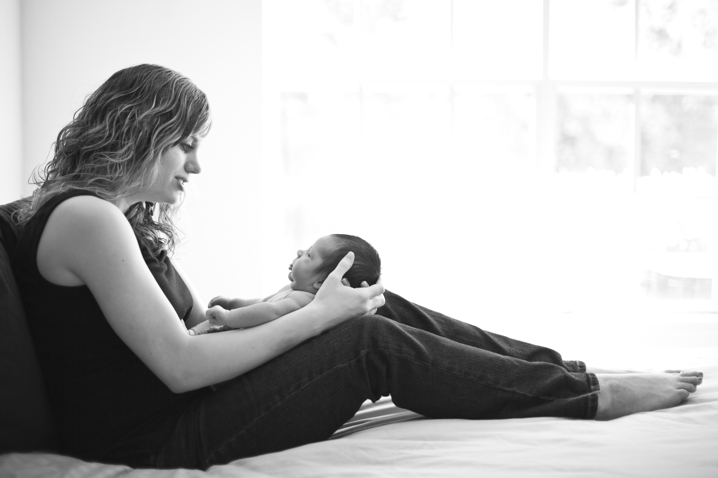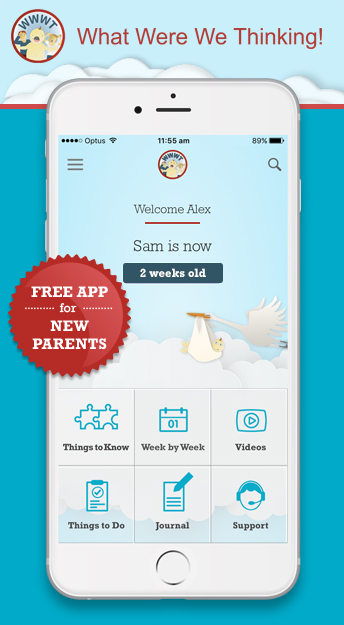Observing your baby

Babies don’t come with a manual – they are the manual!
Observing your baby and trying to understand what is going on for them is a ‘way in’ to understand them and getting to know them. Understanding what babies may be experiencing allows us to respond more easily, genuinely and responsively. The experience of being understood helps your baby to feel secure, confident and builds a sense of trust. A way to understand their experiences is to observe closely and read their behavioural cues.
The idea is to observe your baby in the present moment. While observing, try to maintain a non-judgemental stance. Observation is not about whether your baby is behaving well, looking good, or doing what you want. This is about getting to know him as a unique individual and noticing his responses to his environment. When you get stuck, simply return to a position of curious wondering.
Tips for observing
- Slow down. Just observe. Observing involves careful and conscious attending. Be curious about what she is doing.
- Try to imagine what she is experiencing and feeling.
- Why do you think she is feeling that way? What are her cues or signals to you? What are you noticing?
- What do you notice about her spontaneous activity? What is she trying to communicate?
- When you get stuck, try to be curious. Describe in words what you see her doing.
- When your mind wanders – which it will, a lot – simply bring your mind back to the present moment. Allow your baby to be your focus.
- Try to determine her state of consciousness (refer to blog on ‘Six States of Alertness for Newborns’).
About the author
Dr Bronwyn Leigh is a clinical psychologist, perinatal and infant clinician and early parenting consultant. She is the Director of the Centre for Perinatal Psychology. Bronwyn specialises in the psychological aspects of becoming a parent, the emotional development of infants, and parent-infant relationships.
This blog originally appeared on Centre for Perinatal Psychology.
Posted in: Baby 0-4 weeks Baby 13-16 weeks Baby 5-8 weeks Baby 9-12 weeks Every baby is different Growth and development Health Professionals








